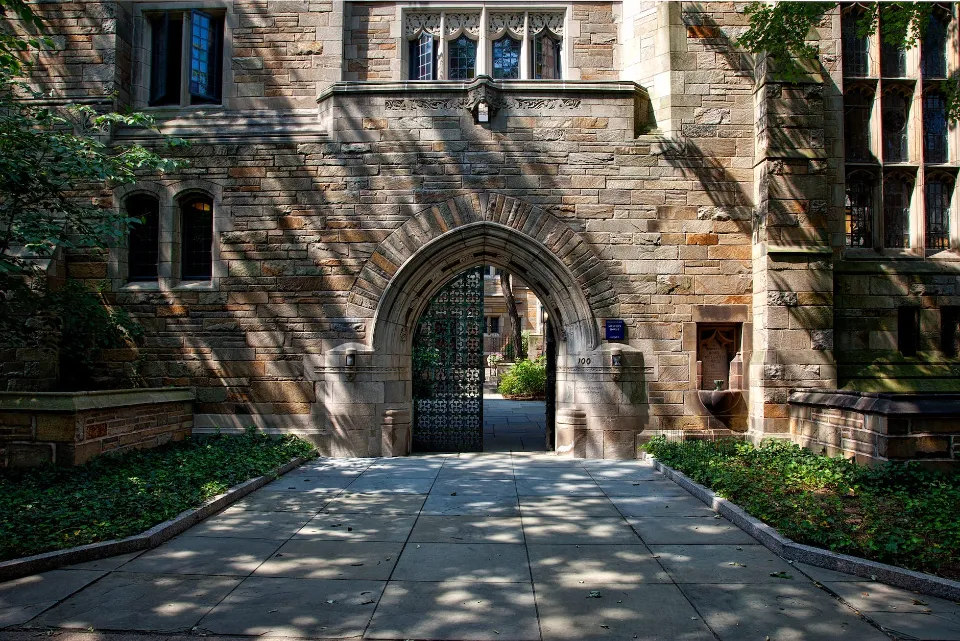
What Does a Low Graduation Rate Mean? Does it Matter?
Learn more by reading about how a college’s graduation rate may affect your decision to enroll there.
The term graduation rate, which is typically expressed as a percentage: X% of enrolled students complete their degree in four years, refers to the length of time it takes a student to enroll in a four-year college or university, pursue their degree, and then graduate. We might assume the interpretation is straightforward: a high number is good, and a low number is bad.
Does a low graduation rate mean that you have a low chance of graduating?
A low graduation rate may or may not be detrimental. In some cases, it may be linked to students’ generally low levels of satisfaction with the curriculum, instructors, academic support, and campus life.
The majority of the information you require will be covered in this article regarding low graduation rates.
What Does a Low Graduation Rate Mean?
The percentage of students who graduate in four or six years is typically used to express graduation rates. Only 60% of students nationwide graduate in six years, and less than half do so in four. Those numbers are not impressive.
The graduation rate, however, varies greatly between schools. Over 85% of students graduate in four years and over 90% in six years at some highly selective schools.
Among for-profit colleges, on the other hand, the average four-year graduation rate is a shockingly low 14%.

Although a higher graduation rate is ideal, a low rate shouldn’t necessarily be a deal breaker. After all, a school’s graduation rate is closely related to its applicant pool, just like the perceived prestige of the institution.
Less selective schools admit more students who are at risk of not graduating, whereas more selective schools have the luxury of choosing those students who are most likely to do so. However, regardless of the institution’s overall graduation rate, if you are academically prepared for college, your chances of graduating on time may be quite high.
How is the Graduation Rate Determined?
By dividing the number of college graduates who completed their degrees within six years by the total number of enrolled students, one can determine the graduation rate. Only the number of full-time undergraduate students is taken into consideration when calculating the graduation rate at a college or university.
The term “bachelor’s degree,” which also means “four-year degree,” is well known.
Despite the name, most undergraduate students in the US finish their degree within six years; the average six-year graduation rates at public and private institutions are 62% and 68%, respectively.
Speaking of which, the majority of colleges and universities now share their six-year graduation rates with the public rather than their four-year graduation rates.

According to an NBC News report, nine out of ten first-year students pursuing a bachelor’s degree believe they will graduate in four years, whether or not students applying to them are aware of this.
frequently use the Common Data Set (CDS) of a school to determine its graduation rate? The six-year graduation rate is what you actually see in the CDS figure.
It’s important to remember that the calculation of the graduation rate only takes into account, full-time undergraduate students.
In other words, part-time students attempting to finish a bachelor’s program are not included. This also implies that all transferees, whether they are moving in or out, are not included. The quality of the students, which may affect their capacity to graduate on time, is not taken into consideration when calculating a school’s graduation rate.
How College Experience Influences the Graduation Rate?
The graduation rates at colleges and universities can be impacted by a variety of factors. One of them is the overall impression that the students have of the course, the professors, the staff, the academic support, the surroundings, and the campus atmosphere. However, the retention rate may be more affected by these variables.
In addition to a bachelor’s degree, your entire college career can influence your future career because it can give you access to a wide range of information and abilities that together help you become a well-rounded individual.
And as a result, one of the elements you take into account when creating a college list may be the graduation rate.
You’re correct, of course — undergraduate students’ satisfaction with the colleges or universities they attend can influence their likelihood of graduating. As a general rule, schools with extremely satisfied and happy students may have some of the highest graduation rates available.

However, if you are worried about your time in college, don’t just concentrate on the graduation rate; it’s a good idea to also look into a school’s retention rate, which you can easily find in its CDS.
How Socioeconomic Status Influences the Graduation Rate?
Generally speaking, community colleges and public schools have lower graduation rates than private schools. The fact that the majority of their students come from low-income families may have something to do with it. First-generation students typically have lower graduation rates.
As was mentioned above, a school’s graduation rate can be impacted by the degree of student satisfaction. Additionally, we confirmed that it can have an impact on retention rates.
Conclusion
Feel free to take into account the graduation rate if you believe it to be a crucial element in the process of creating a college list. However, be careful to compare like with like; only consider the graduation rate when deciding between two public schools or two private schools.
Even if a school’s overall graduation rate is low, if you feel like it’s the right fit for you, your chances of graduating on time may be quite high. Even so, a lower-than-average graduation rate is a warning sign that can help you whittle down your list.


